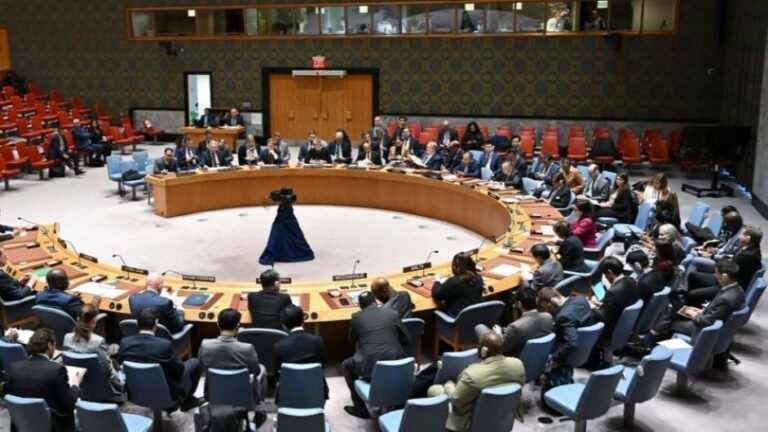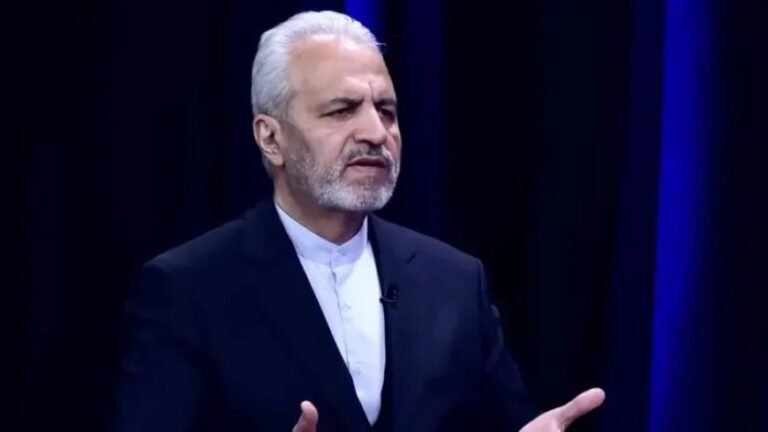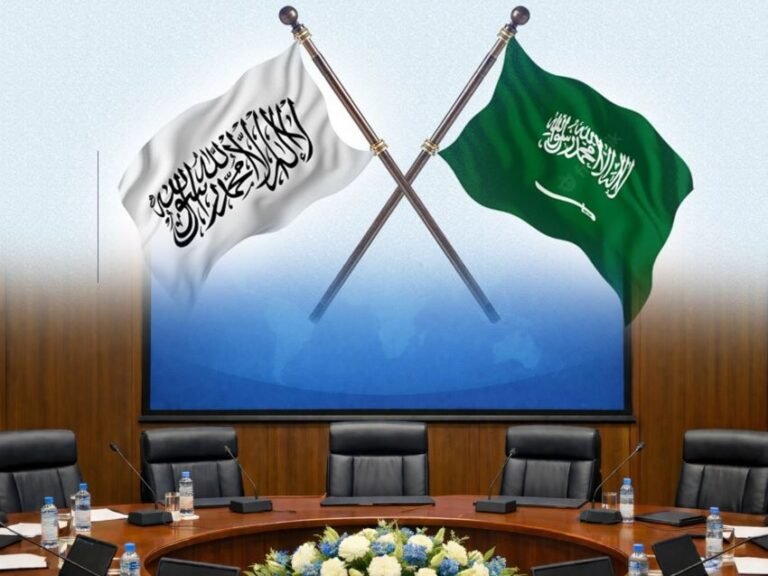Joe Biden’s administration in the US is entering his third term and it is already shaping up to be a tough 2023 for them. The sword of another wave of the pandemic, intensifying economic inflation, and a global crisis due to the Russia-Ukraine conflict is upfront.
Since Biden took office he opted for a more liberal approach in his foreign policy than his predecessor, fulfilling his campaign promises, but things contradict in speeches and on paper.
In the realm of foreign policy, Biden gave the blueprints of its way forward in the United States (US) National Security Strategy (NSS) published on 12 October 2022. The document succinctly describes the American goals at home and abroad.
While putting the spotlight on global priorities, the document captures the two strategic challenges that the US faces on the global stage.
First and foremost, emerging competition among major powers to determine how the future will be shaped, and second dealing with the consequences of transnational challenges.
National Security Strategy 2022 layout the US plans for a foreign policy framework for the next decade, focusing on the states and regions vital to its policy matrix.
Setting policy priorities, America’s biggest goal is Out-Competing China. The ties between the US and China are deteriorating.
No one can agree on the causes of the issues or how to fix them, and domestic political tendencies to a minimum, in both nations, the likelihood of improvement any time soon with relations.
Nevertheless, the connection is still too important to the citizens of both nations and the rest of the globe to be governed by a fatalistic acceptance of growing hostility.
Biden administration believes that China is their only strategic competitor that has the tendency and is hell-bent to alter the International order.
The enhancing influence of China in the Indo-Pacific and China’s President Xi Jinping’s recent visit to Saudi Arabia to accelerate bilateral relations and cooperation will only lead to more uncertainty and entanglement in China-US ties.
Biden administration, three-fold strategy- Invest at home, align with allies for common interests, and compete responsibly to outdo China might get altered with the changing global politics.
Another salient feature of NSS is to deal with the repercussions of the Russia-Ukraine conflict. The containment of Communists ideology always remains a key attribute of US foreign policy.
The full-scale invasion of Ukraine by Russian forces proves an opportunity for the US to further its cause of putting Russia under the label of a “threat to International Security”. America asserts that Russia is in an effort to overthrow Ukraine government and annex it into Russia.
John Mearsheimer, an American political scientist in a recent interview with New York staff writer Isaac Chotiner, mainly held the West responsible for Putin’s invasion, claiming that by enlarging NATO, the West had encircled Russia and increased the likelihood of a conflict with Ukraine.
Despite contradicting theories, the effect caused by the Russia-Ukraine war is felt around the globe. As economies are grappling to survive, America is taking the front row to coerce Russia’s invasion into a strategic failure.
Biden administration indicates that they are leading a unified, moral, and determined response to Russia’s aggression.
Also Read: Pakistan, US to extend business ties
How can Iran be eliminated from the debate on US foreign policy, especially with the increasing tension between both sides?
National Security Strategy, sketch out-Iran poses a serious strategic threat to the United States due to its support for terrorism and other illegal actions both locally and globally, as well as its efforts to develop a nuclear arsenal at home.
The nuclear enrichment process reopened when former President Donald Trump backed out from the Iran nuclear deal in 2018.
Since Biden took office, the US is in talks with Iran on its nuclear program but the failed negotiations only give Iran time to reach its nuclear goal.
The US may enact additional sanctions in 2023 or, in the face of rising tension, may make some existing penalties statutorily permanent, possibly without waivers.
Tackling the Non-traditional security issues, the Biden-Harris administration always showed a positive attitude. The first thing President Biden did after entering his office was re-joining the Paris agreement.
The NSS highlight, even in a period of growing interstate competition, the globe needs to retain and expand international collaboration on common concerns.
The US will provide its assistance to deal with Climate and Energy Security, Pandemics, Food security, Terrorism and Arms race, and non-proliferation.
The two-track policies to deal with these issues actively include all nations and institutions in collaborating against common threats and intensify our efforts to broaden our collaboration with companies who share our values.
Considering all the above policy strategies described in the National Security Strategy 2022 might seem clear to most what the US foreign policy goals will be in 2023.
But the uncertainty in global politics mainly the deteriorating economic situation and increasing inter-state competition might bring new challenges for the US.
Next year will be the last one of Biden’s Tenure and the change of power always bring new perception. 13 days left into 2023 and it is already shaping up to be a challenging and uncertain year for not just US policymakers but the whole world.
The question is, will the US policymakers be able to deal with changing political and socio-economic scenarios in the world theater?
*The writer is a Fellow at The Diplomatic Insight, published by the Institute of Peace and Diplomatic Studies
Disclaimer: The Diplomatic Insight does not take any position on issues and the views represented herein are those of the author(s) and do not necessarily reflect the views of The Diplomatic Insight and its staff.
Musfirah Rashid, Mphil Student at Quaid e Azam University, Islamabad.
- This author does not have any more posts.















